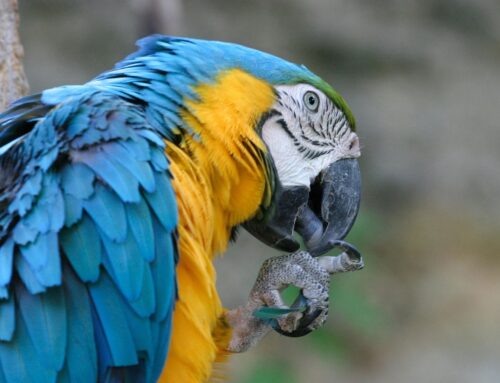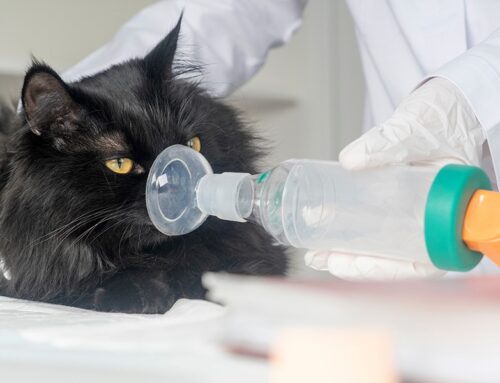 Vaccinations will help protect your pet from the risk of infection, providing them with immunity over a certain length of time.
Vaccinations will help protect your pet from the risk of infection, providing them with immunity over a certain length of time.
Why should I vaccinate my pet?
Vaccinations are very important for dogs and cats. It protects them from all sorts of nasty diseases that could make them very ill and perhaps even kill them. Thankfully these diseases are now quite rare but that is due to vaccinations rather than our pets developing their own immunity to the diseases. If your pet is not up to date on their vaccines please don’t hesitate to give us a call to book them in.
Dogs explore the world through their nose and mouth. Unfortunately, this is what makes them so susceptible to infectious diseases. It is almost impossible to prevent a dog being exposed to viruses and bacteria throughout their lifetime.
Most domestic cats spend a proportion of their time outside. This naturally exposes them to feline specific viruses through interacting with other outdoor cats. Even indoor cats are at risk, although that risk is lower than cats that go outside, as we can walk in viruses on our clothes and footwear. Kittens are often exposed to viruses as newborns and those viruses can persist in the body for the cats’ whole life. It has been shown that regular vaccination improves the immunity against those viruses.
Will a vaccine protect my pet forever?
Vaccines won’t protect your pet forever. We achieve excellent protection through regular ‘booster’ vaccines often on a yearly basis. Puppies and kittens require a course of vaccinations in their first year to stimulate an effective immunity. It is important to ensure your pet is kept up-to-date with their vaccinations. If they are overdue vaccines more than 3 months then we usually need to do a “restart” course of vaccinations again.
What diseases can vaccines protect against?
Vaccines can protect against some of the most serious viruses and bacteria. Dogs and cats are at risk from different diseases, and so require different vaccinations. We will discuss with you the vaccines that we have available and make a tailored approach to your pet depending on their lifestyle.
The most common diseases in cats that can be vaccinated against include feline leukaemia (FeLV), feline calicivirus, feline rhinotracheitis and feline panleucopaenia virus.
For dogs, the main vaccinations are for distemper, hepatitis, parvovirus and leptospirosis. We also routinely vaccinate against parainfluenza and bordetalla bronchisepta which are the “kennel cough” vaccines.
We also can vaccinate pets with rabies as this is often required for any travel abroad.
How does vaccination work?
The purpose of a vaccine is to stimulate immunity against a specific disease. This means that should your pet become exposed to this disease in the future, their immune system will recognise it quickly and mount an effective, protective response.
Does it hurt?
Some pets won’t feel anything, others may feel a small pinch. But it won’t be for long, and after a bit of fuss from you, they will have forgotten all about it. Some pets will feel a bit sleepy after the vaccine but be back to themselves after 24 hours.
Taking your pet to a cattery or boarding kennel
Most catteries and kennels will not accept an animal without proof of vaccination. This also applies to obedience classes, shows and puppy parties. It is important to plan ahead if you intend to take your pet to these environments, as it usually takes a week or two after vaccination for your pet to become fully immune.
Will it matter if my pet misses their booster?
Vaccine doses are designed to provide the optimum protection for your pet given that it will receive a regular booster. While there is an allowance for a certain amount of ‘overlap protection’, its effectiveness reduces with time, leaving your pet at increasing risk of infection.
We will send you a reminder when your pet is due for their booster.
If my pet catches a disease, will a vaccination cure it?
Unfortunately not. Vaccination is a preventative measure, not a cure. Most of our vaccines are very protective so thankfully it is rare for them to catch the diseases we are vaccinating against if they are up to date with their vaccines.
Can humans be affected by any of the diseases we vaccinate against?
Majority of the diseases we vaccinate against are species specific meaning they won’t affect humans. However, leptospirosis, which is one of the diseases we vaccinate against in dogs, can affect people and can have very serious consequences.



